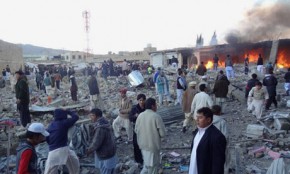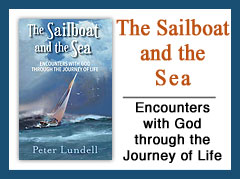The Pity of Little Love
The extremists don’t just hate non-Muslims. They hate anyone who doesn’t adhere to their brand of it.
It reminds me of years past when the Catholics and Protestants of Northern Ireland were killing each other, but never in such large numbers and not so incessantly. They finally made peace and forgave. But the Muslims relentlessly go on in bitter attacks and retribution.
Why?
My first reaction is to be disgusted.
But there’s more behind why.
The Catholics and Protestants share a common book. It’s called the Bible. And the Bible is big about God’s love and his expectation that Christians love and forgive. It takes some people a long time, but most eventually get it.
The Sunnis and Shiites also share a common book. It’s called the Koran. While the Koran lists love and compassion as two of Allah’s 99 attributes, they’re not as central in their understanding of Allah as the Bible describes love in understanding God. And the Koran does not expect forgiveness the way Jesus does of his followers. Nor do they have any example of it the way Christians do of Jesus dying on the cross to bring forgiveness to humanity. For the Muslim, judgment and vengeance are much more central.
So I thought, how sad.
How sad that so many people do not have a foundation on which to forgive each other. So much that forgiveness, or just choosing not to retaliate, is considered a sign of weakness.
Would not Jesus feel the same way? Looking at how people behave violently toward others, would he not move beyond anger to the deepest levels of humanity and spirituality? And would he not respond with pity at how so many have so little love in their beliefs?
So little foundation for forgiveness and reconciliation. Deeper than something to be angry about, it is something to be pitied.








